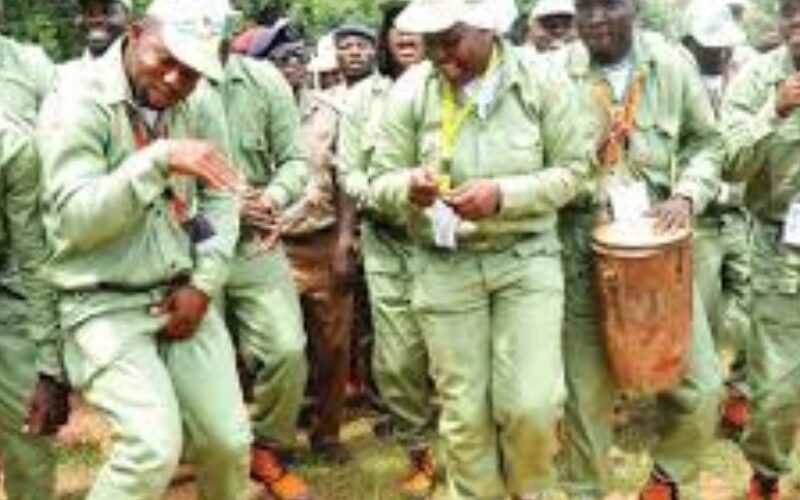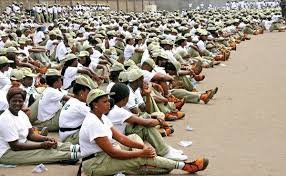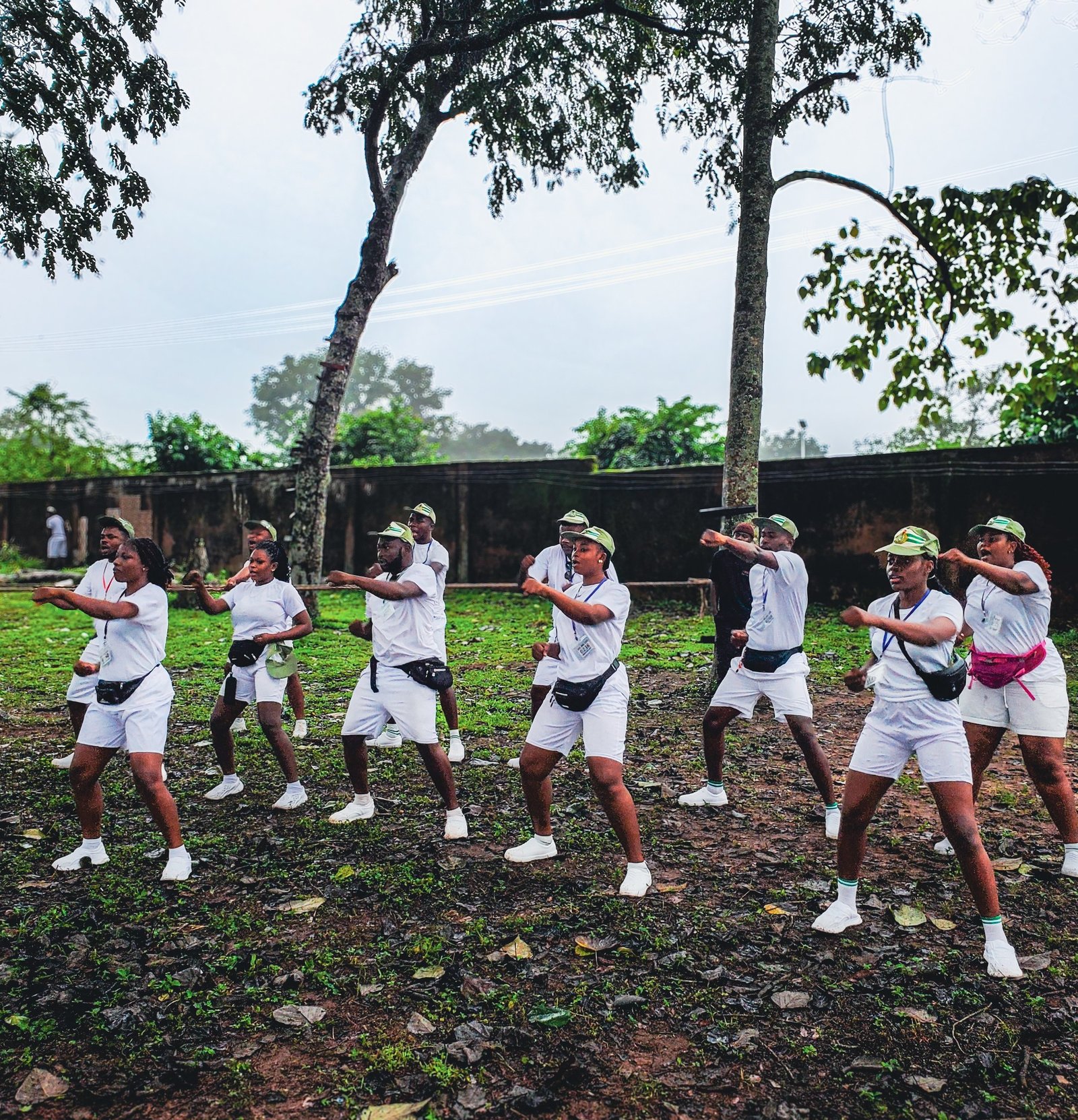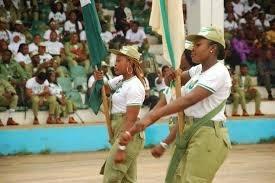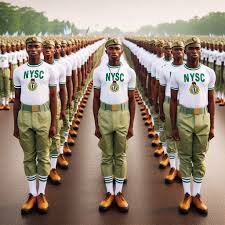In the wake of Nigeria’s devastating civil war, a visionary idea emerged to unite a fractured nation and harness the potential of its youth. The National Youth Service Corps (NYSC) was established to bridge ethnic divides and foster national development. But who was behind this transformative initiative? General Yakubu Gowon, Nigeria’s military head of state from 1966 to 1975, is the answer. On May 22, 1973, he signed Decree No. 24, officially creating the NYSC as a cornerstone of his post-war agenda for reconciliation, reconstruction, and rehabilitation. This article delves into the origins of the NYSC, exploring Gowon’s pivotal role and the broader context that shaped this enduring institution.
Who Established the NYSC?
Imagine Nigeria in the early 1970s, still raw from the devastation of a civil war that had fractured communities and deepened ethnic mistrust. The nation needed a way to heal, to remind its people that they were stronger together. That’s where the National Youth Service Corps (NYSC) came in—a program that would send young graduates to serve in unfamiliar regions, forging bonds across divides. The man behind this bold idea was General Yakubu Gowon, Nigeria’s military head of state at the time.
Gowon, who led Nigeria from 1966 to 1975, signed the NYSC into existence on May 22, 1973, through a decree that made it law. This wasn’t just a policy born on a whim—it was a response to the Nigerian Civil War, which ended in 1970 and left the country grappling with division. Gowon’s administration was focused on what he called the “3Rs”: Reconciliation, Reconstruction, and Rehabilitation.
The NYSC was a cornerstone of this vision, designed to mix young Nigerians from different ethnic and regional backgrounds, pushing them to live, work, and understand one another. It was a radical move, forcing graduates out of their comfort zones to serve in distant communities, often in rural areas, for a year.
The program kicked off in 1974, with the first batch of corps members deployed across Nigeria’s states. Since then, the NYSC has become a defining experience for countless graduates, even as it faces criticism over safety, funding, and relevance. Gowon introduced it in a national broadcast, pitching it as a way to instill patriotism and self-reliance in Nigeria’s youth. Decades later, as Nigeria still wrestles with unity, the NYSC remains a symbol of that original hope: to build a nation where differences don’t divide.
While Gowon gets the credit for making it official, the idea had been simmering among his advisors and intellectuals. People like Chief Adebayo Adedeji, a brilliant economist in Gowon’s circle, helped shape the program, drawing inspiration from youth service models in countries like Ghana. But it was Gowon’s leadership that turned the concept into reality, cementing his legacy as the NYSC’s founder.
Who introduced the NYSC in Nigeria?
Gowon didn’t just establish the NYSC; he was the one who introduced it to the nation. As head of state, he championed the program, unveiling it as part of his post-war strategy to rebuild trust and unity. His administration worked out the details, but Gowon’s personal push—through speeches and policy directives—brought the idea to life in 1973. He saw it as a way to knit Nigeria back together, ensuring that young people, especially the educated elite, played a role in healing the nation’s wounds.
What are the four reasons why the NYSC was established?
The NYSC wasn’t created just for the sake of keeping graduates busy—it had clear, urgent purposes tied to Nigeria’s post-war challenges.
First, it aimed to promote national unity by sending young people to serve outside their home regions, encouraging them to build friendships and break down stereotypes.
Second, it was about reconciliation and reconstruction, helping to mend the rifts left by the civil war through shared experiences that emphasized a common Nigerian identity.
Third, the program sought to foster self-reliance and skills, pushing graduates to adapt to new environments and take on community projects that shaped their character.
Fourth, it was meant to drive national development by channeling educated youth into underserved areas, boosting sectors like education, healthcare, and infrastructure in rural communities. These goals were a direct response to a nation on the brink, and they’ve guided the NYSC’s mission for over five decades.
Who was the first director of the National Youth Service Corps?
The task of turning Gowon’s vision into reality fell to Colonel Ahmadu Ali, the first Director-General of the NYSC, appointed in May 1973. A medical doctor and military officer, Ali served until August 1975, overseeing the program’s rocky but ambitious launch. He set up the orientation camps, established service guidelines, and built the administrative framework that still runs the NYSC today. His leadership ensured the program hit the ground running, mobilizing thousands of young Nigerians in its early years.
Who established the Nigerian Youth Movement?
Long before the NYSC, another group laid the groundwork for Nigerian unity: the Nigerian Youth Movement (NYM), founded in 1934. This was Nigeria’s first major multi-ethnic political organization, started by a group of Lagos intellectuals including Ernest Ikoli, H.O. Davies, J.C. Vaughn, and Samuel Akinsanya, with Professor Eyo Ita as its first national president.
Originally called the Lagos Youth Movement, the NYM aimed to unite Nigerians against colonial rule and push for self-governance. Though it faced internal splits and faded by the 1940s, its legacy inspired later nationalist leaders like Nnamdi Azikiwe, marking it as a key chapter in Nigeria’s journey to independence.
Who introduced the National Youth Service?
In Nigeria, the National Youth Service—commonly known as the NYSC—was introduced by General Yakubu Gowon in 1973. While the concept drew from global youth service programs, Gowon tailored it to Nigeria’s needs, launching it as a tool for integration and development after the civil war. His introduction of the scheme was a deliberate step to prevent future conflicts by fostering empathy and collaboration among the country’s youth.
Who founded NCNC?
Shifting to another pivotal moment in Nigeria’s history, the National Council of Nigeria and the Cameroons (NCNC) was founded in 1944 by Herbert Macaulay, a towering figure often dubbed the “father of Nigerian nationalism,” alongside Nnamdi Azikiwe, who served as the party’s general secretary. Macaulay, an engineer by training, became the NCNC’s first president, but after his death in 1946, Azikiwe took over, leading the party to become a major force in Nigeria’s independence struggle.
The NCNC, which later became the National Council of Nigerian Citizens, championed unity across ethnic lines and played a central role in shaping Nigeria’s political future during the 1950s. Macaulay and Azikiwe’s partnership laid a foundation that still echoes in Nigeria’s story.
Conclusion
The National Youth Service Corps stands as a testament to Nigeria’s resilience and commitment to unity in the face of division. Established by General Yakubu Gowon in 1973, the NYSC was more than a policy—it was a bold vision to mend a nation scarred by civil war, fostering bonds among its youth and channeling their energy toward development. From Colonel Ahmadu Ali’s pioneering leadership to the earlier nationalist efforts of figures like Herbert Macaulay and Nnamdi Azikiwe, the program’s roots are intertwined with Nigeria’s broader struggle for cohesion and progress.
While challenges like safety and relevance spark ongoing debates, the NYSC remains a powerful symbol of hope, reminding Nigerians of the shared purpose that Gowon sought to ignite over five decades ago. Its legacy endures, shaping generations and reinforcing the dream of a united Nigeria.

